I am returning to Kamuzu Central Hospital (KCH) in Lilongwe, Malawi. It serves as the regional hospital for that particular region in Malawi, and one of two teaching hospitals int he whole country. KCH will serve anywhere between 350-600 children at any given time. I plan to travel in April, which is the peak of malaria season. I will be mainly working in the Emergency Zone (EZ), as well as the High Dependency Unit (HDU). I will be involved in day to day care of patients by triaging/assessing/resuscitating patients. The patient care responsibilities include the exam/assessment/documentation, as well as placing IVs/IO's, drawing up/administering medications, building fluid bags, and ordering/picking up/administering blood. Resources are extremely limited. For example, if I want a set of vitals for a patient, I carry a portable pulse ox that also gives a heart rate. There are nurses, but the average ratio is 50 patients:1 nurse. I will be part of a team including Malawian medical students, clinical officers (similar to NPs or PAs), medical officers, and consultants (attendings) as well as other rotating residents and fellows.
There is so much need for clinical care. At the peak of malaria season, with 600 children in the hospital, there are anywhere between 6-8 children sharing a twin bed. Their moms are scattered on benches or on the floor beside them. They have malaria with hemoglobin of 1-2, or cerebral malaria with seizures; sepsis, respiratory failure (on homemade CPAP). There are never enough nasal cannulas, antibiotics, or blood. There are also never enough providers; while I can't fix some of the larger systemic issues here, I can provide quality, compassionate care for these patients.
I will work with local Malawians. They speak Chichewa, the native dialect. They have no resources, and limited access to care. I choose this trip again because of the experience I had with these amazing people last year. They are so gracious and they have so little. I think my presence will benefit these patients, as well as provide extra help to overworked Malawian medical providers. I also want to identify that I benefit from this project; I learn so much medicine, about myself, and about larger cultures. I see pathology that I would never see anywhere else and learn so much about how to practice medicine in a resource limited setting.
In the moment, my impacts may seem small. They will effect the patients I am able to see, which practically will be a small fraction of this overwhelming large portion. Whatever patients I am able to care for, offsets the burden for other providers functioning in a broken system. And mostly, I expect these learnings to impact me. My drive to participate in global health was initially rooted my grandparents, and has since been cemented by my own experiences. They were both physicians who finished their training in the 1950’s; my grandfather was a general surgeon and my grandmother was an internist. Ever since my dad was a young kid, long before global health was a thing people talked about, they were practicing global medicine. To me, global missions is a part of being a physician. I am starting PICU fellowship in the spring; I am hopeful to continue to do global health in fellowship and throughout my career.
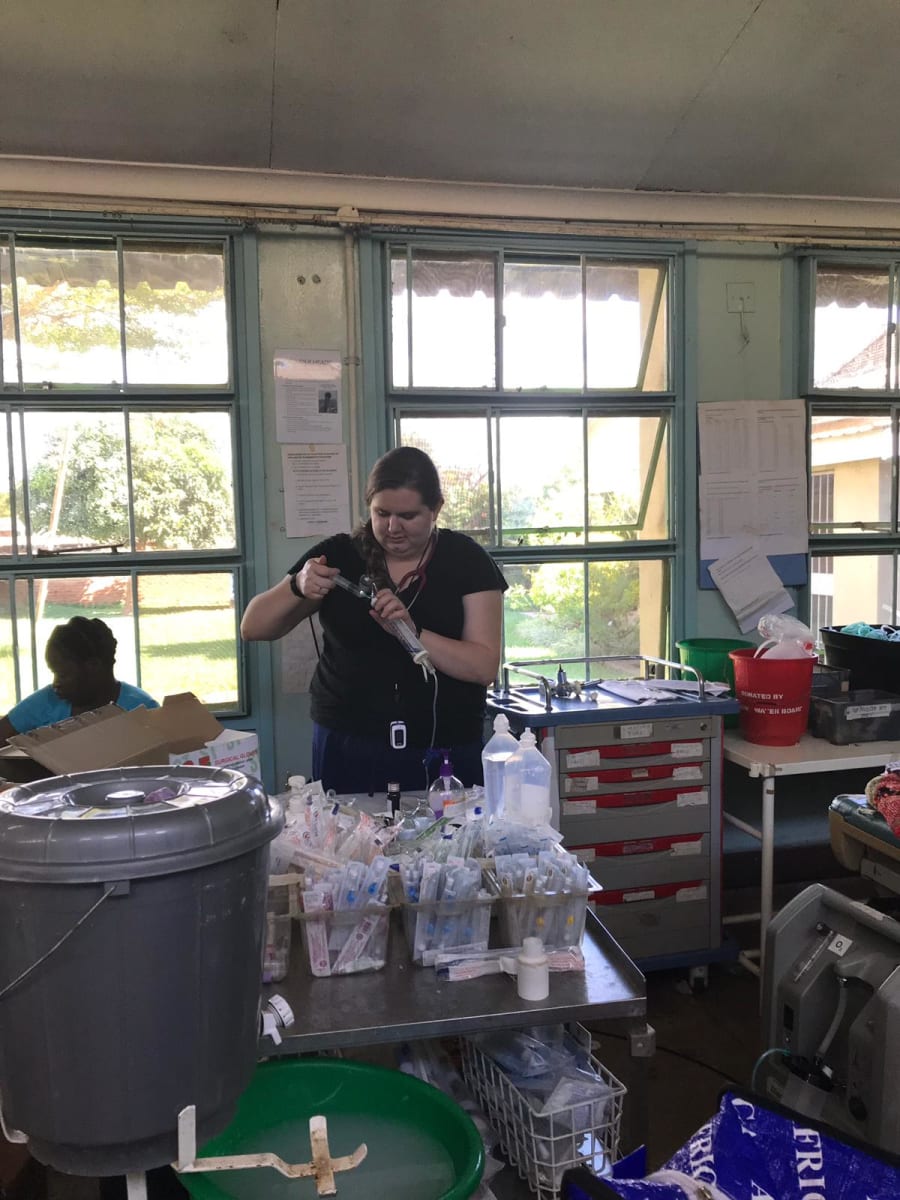
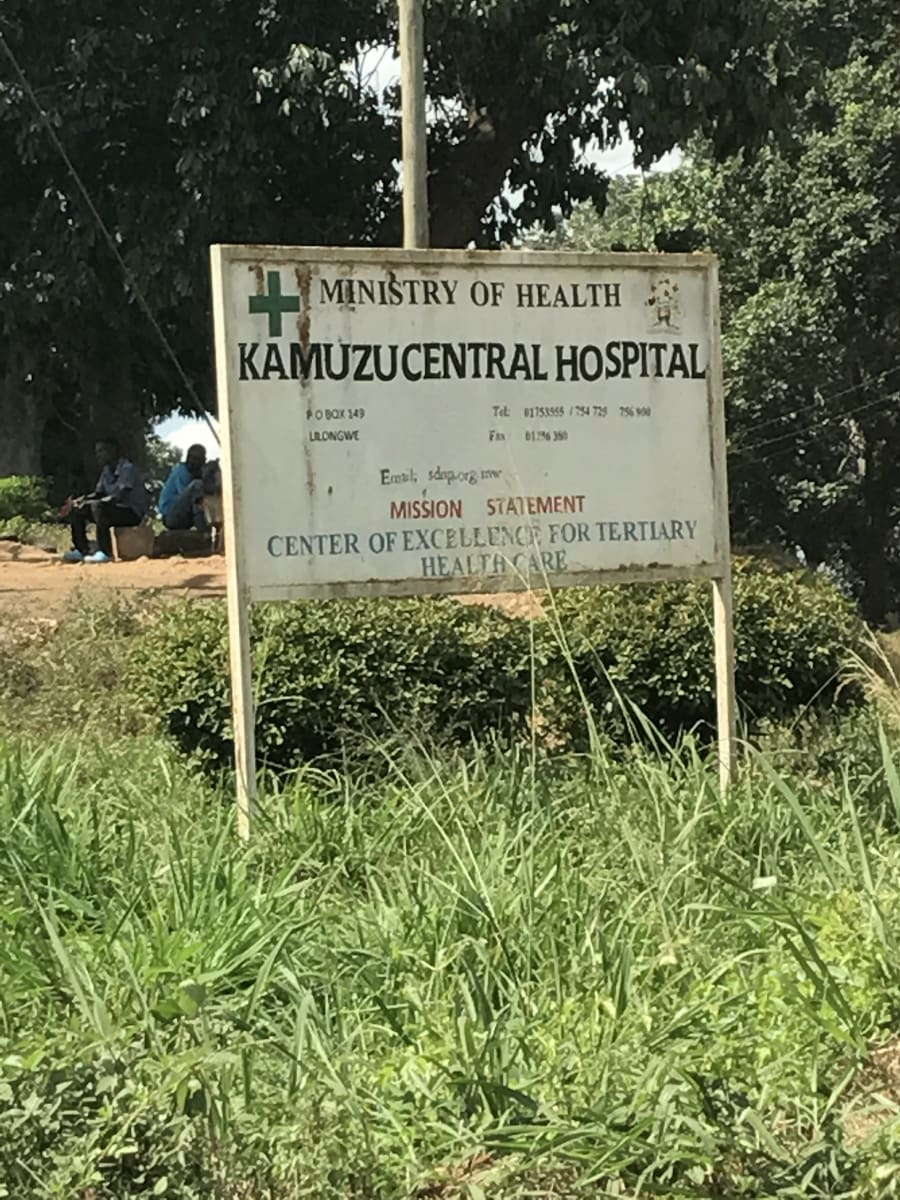
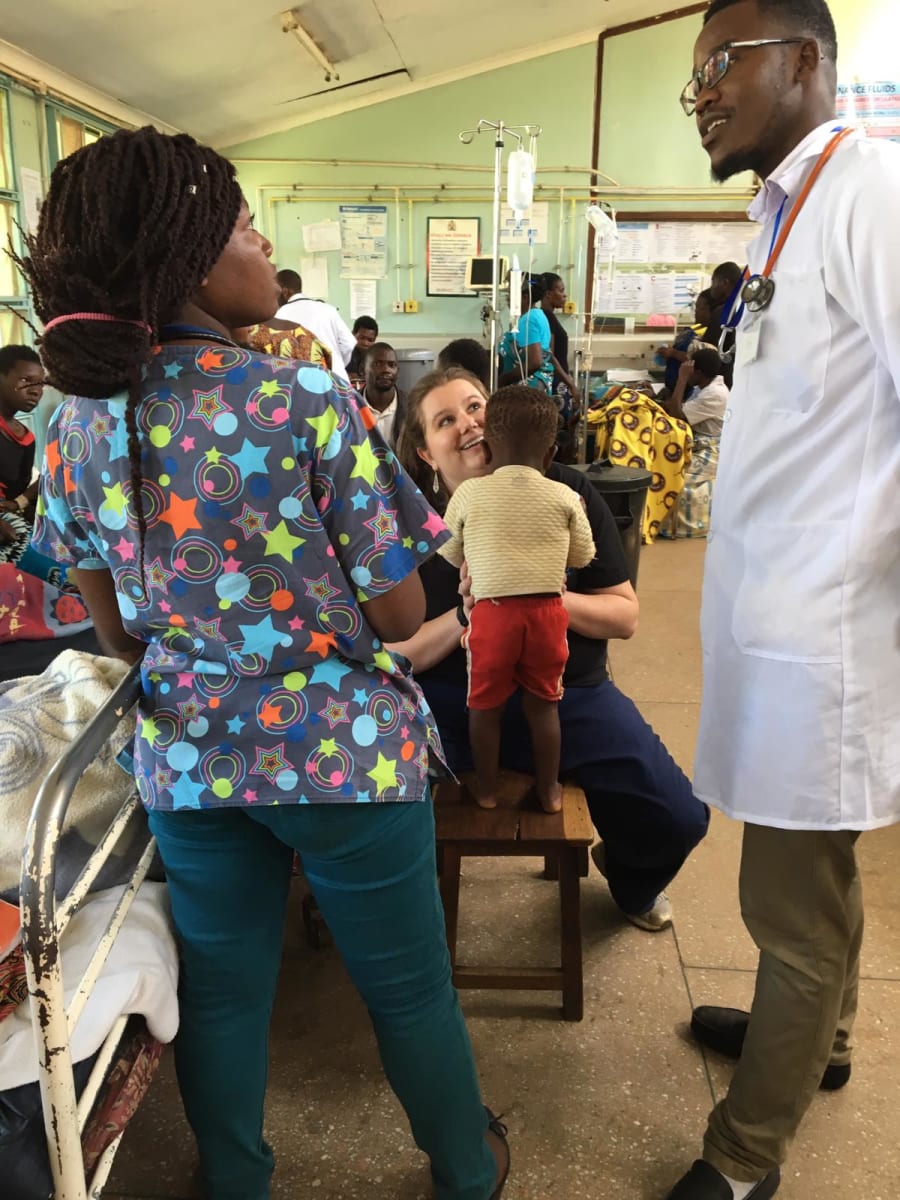

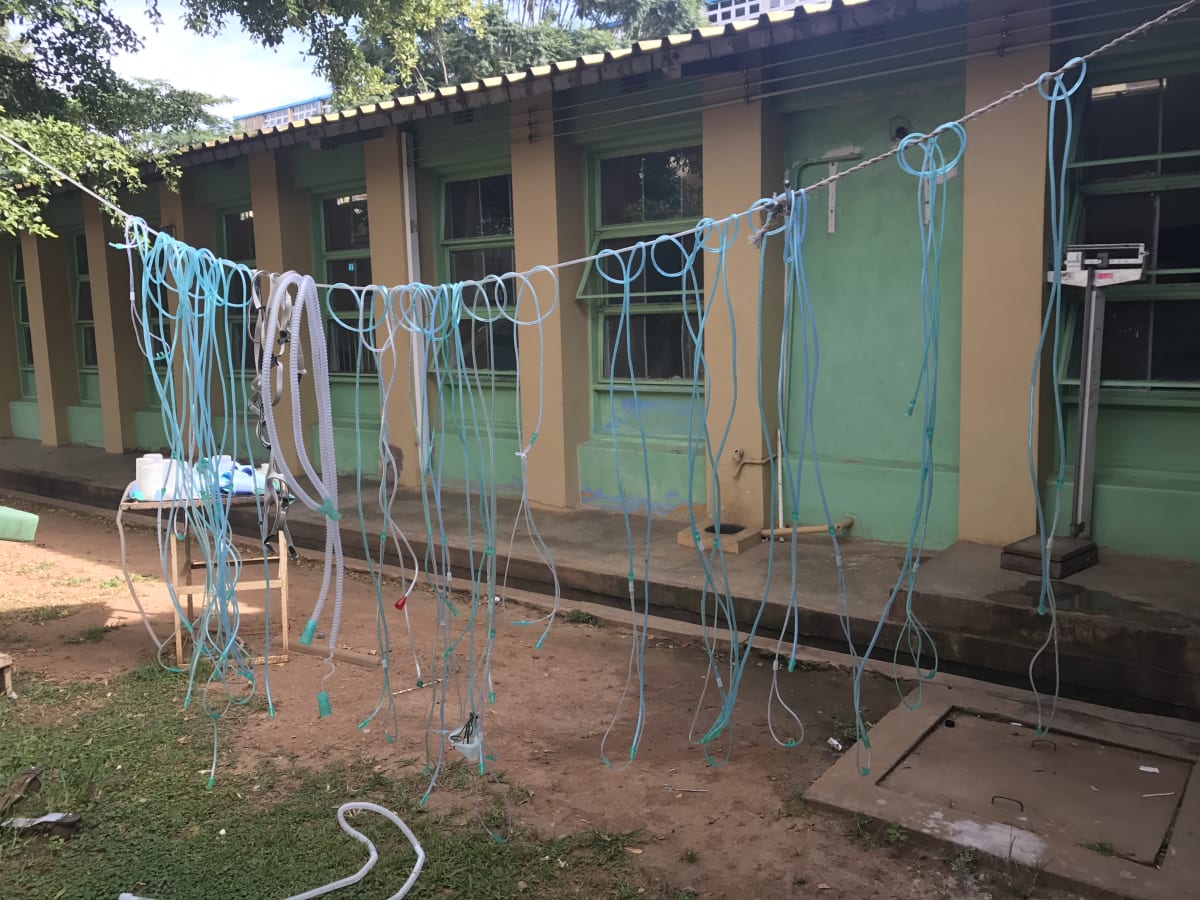
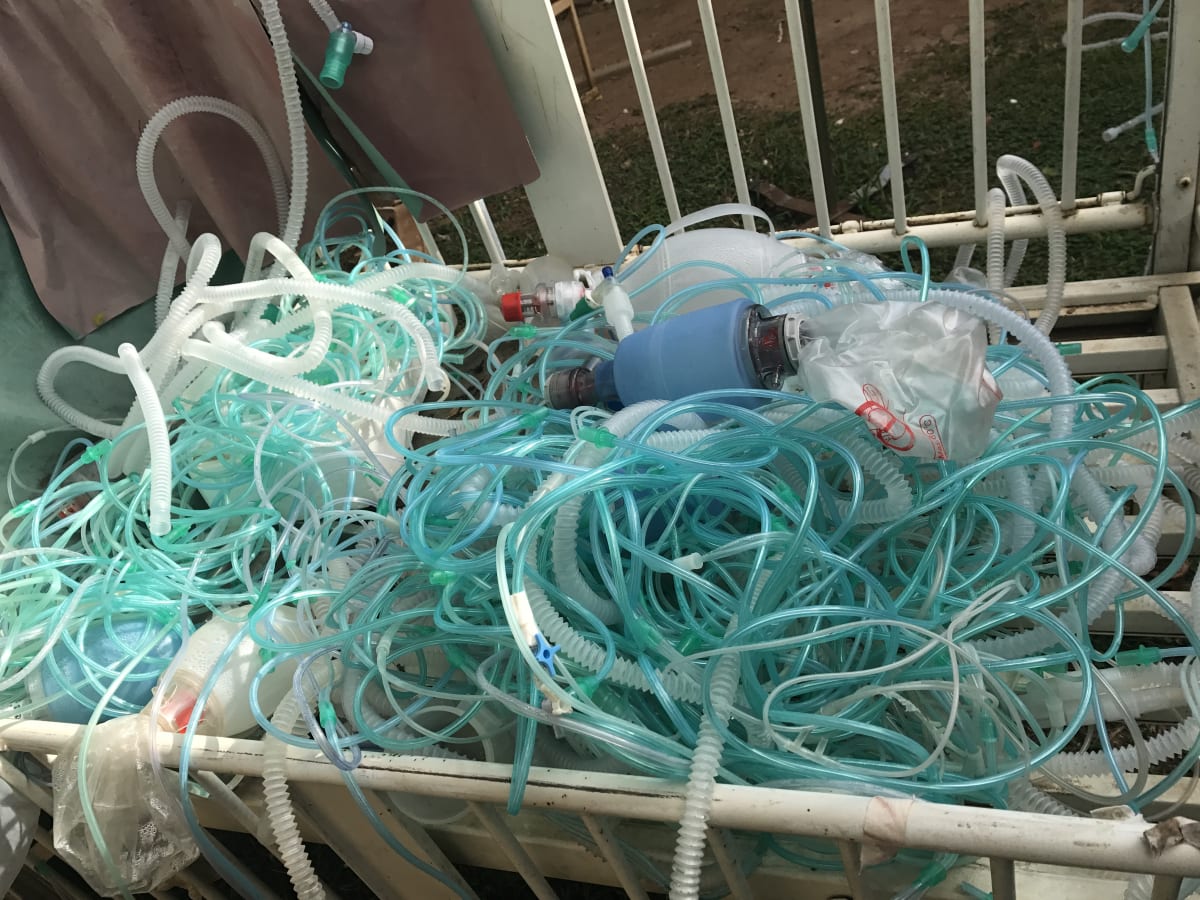
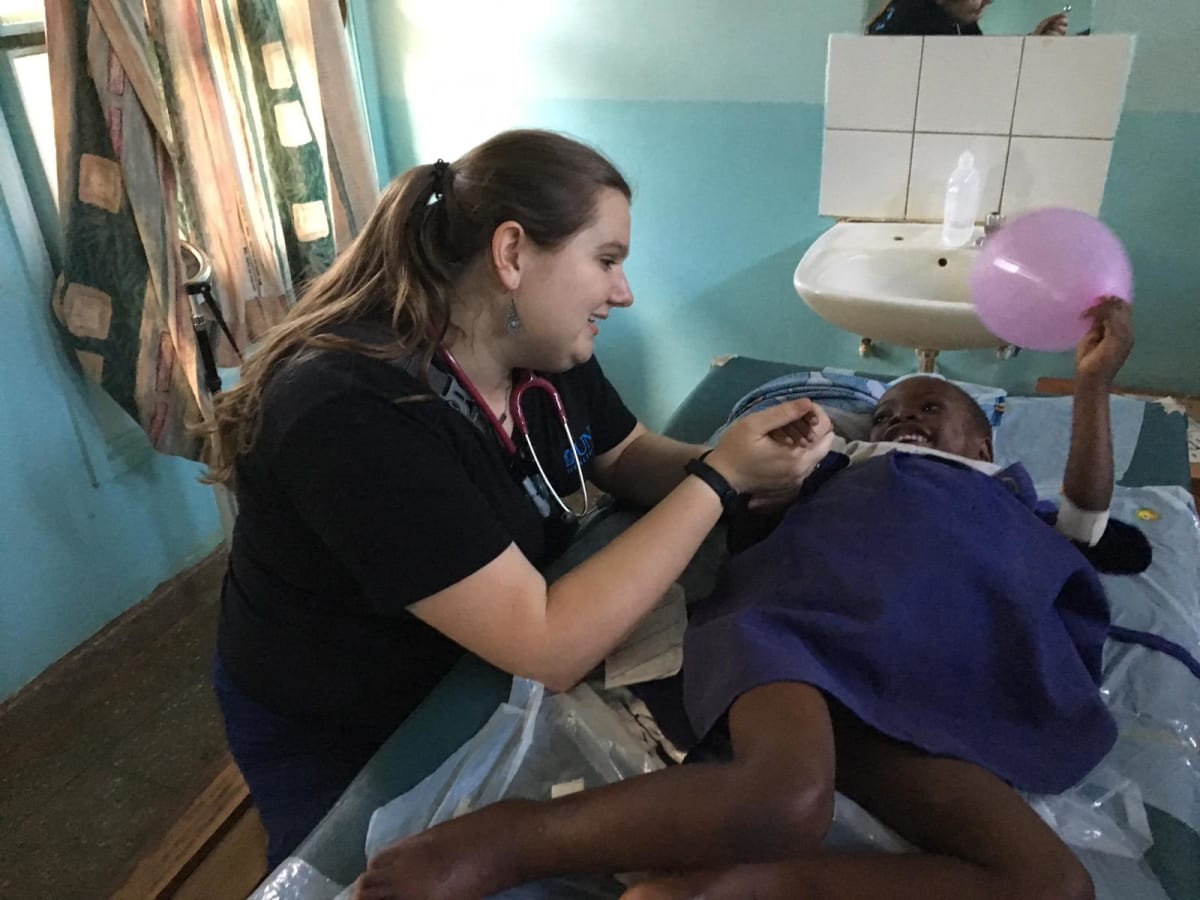







I've just returned from a month back at Kamuzu Central Hospital in Lilongwe, Malawi. This is my second time there and I spent the whole month working in the high acuity ward, a large loud room with 22 beds with 3-6 kids in a bed. I worked alongside Malawian medical providers and medical students, as well as other providers from the US, Spain, and other European countries. Together, as a team, we tried to take care of incredibly sick children without many of the tools that we are used to having at our fingertips.
During my time at KCH, I honed my physical exam skills. I learned to be resourceful and creative with the tools I had available to me and advocate for my patients in a complicated medical system. I was struck by the resiliency of children and their families, as well as the continued compassion of the providers who are overwhelmed with so much need. Every day I consider it a privilege to get to do what I do, and never more clearly have I felt that than my time at KCH. I'm grateful for the opportunity for continual growth and learning and hope to be able to return.